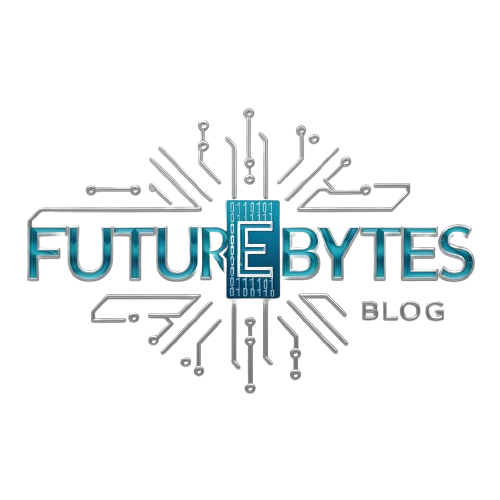Cybersecurity Trends
In today’s rapidly evolving digital landscape, staying ahead of the latest cybersecurity trends is more critical than ever. As technology advances, so do the tactics of cyber threats, making it essential for individuals and organizations to stay informed and prepared. This article will delve into the evolution of cybersecurity threats and explore the impact of remote work on cybersecurity trends, providing valuable insights and strategies to enhance online security measures.
The Evolution of Cybersecurity Threats
Over the years, cybersecurity threats have evolved significantly, becoming more sophisticated and complex.
Types of Cybersecurity Threats
- Malware attacks
- Phishing scams
- Ransomware
- DDoS attacks
Emerging Trends in Cybersecurity Threats
- AI-powered cyber attacks
- IoT vulnerabilities
- Cyber warfare
The Impact of Social Engineering
Social engineering has become a prevalent tactic used by cybercriminals to manipulate individuals into divulging sensitive information.
The Role of Cybersecurity Awareness Training
Effective cybersecurity awareness training programs are crucial in educating employees about potential threats and how to mitigate risks.
The Importance of Incident Response Planning
Having a well-defined incident response plan is essential for organizations to effectively respond to cybersecurity incidents and minimize potential damages.
Impact of Remote Work on Cybersecurity Trends
Remote work has become increasingly popular in recent years, allowing employees to work from anywhere in the world. While this flexibility has many benefits, it also presents new challenges for cybersecurity.
Increased Vulnerabilities
Remote work often means employees are accessing company networks and sensitive information from outside the office. This can create new vulnerabilities that cybercriminals can exploit.
Use of Personal Devices
Employees working remotely may use their personal devices to access work-related information. This can lead to security risks if these devices are not properly secured.
Phishing Attacks
Cybercriminals often use phishing attacks to target remote workers, taking advantage of the lack of face-to-face communication to trick employees into revealing sensitive information.
Importance of Employee Training
With the rise of remote work, it is more important than ever for companies to provide cybersecurity training to employees. This can help them recognize and respond to potential threats.
Adoption of Zero Trust Security
Many companies are adopting a zero trust security model to protect their networks in the age of remote work. This model assumes that no user or device should be trusted by default, helping to minimize the risk of breaches.






